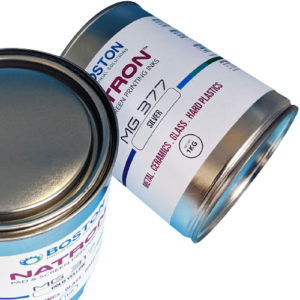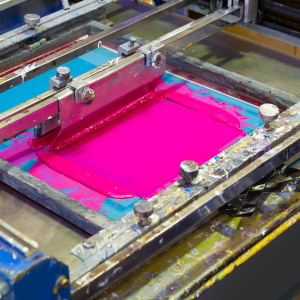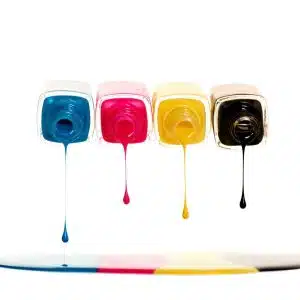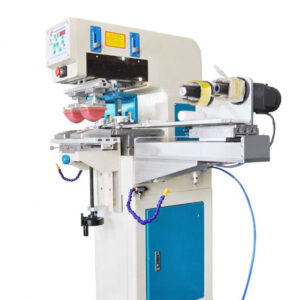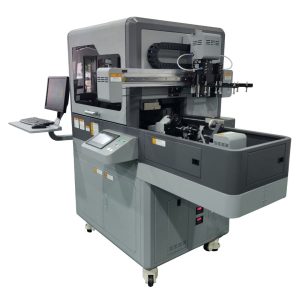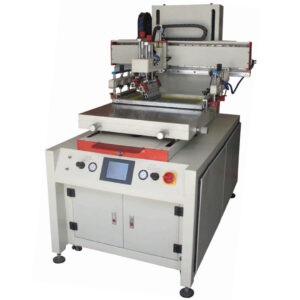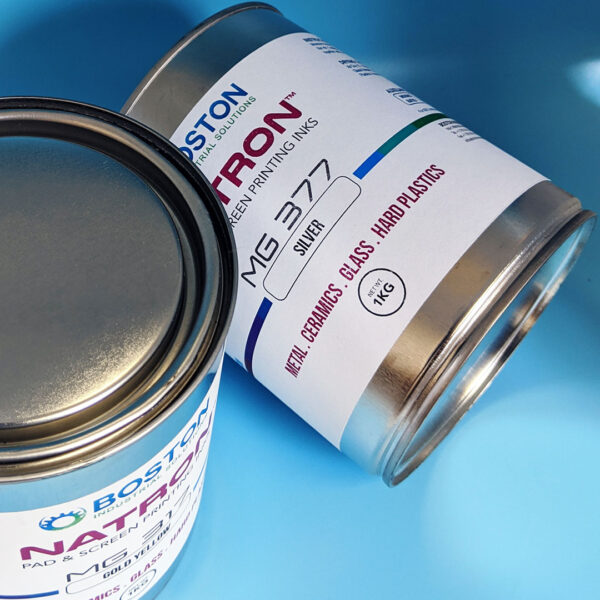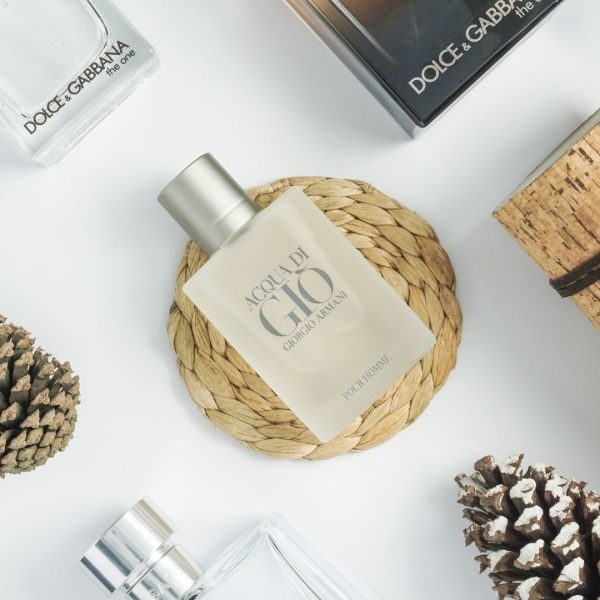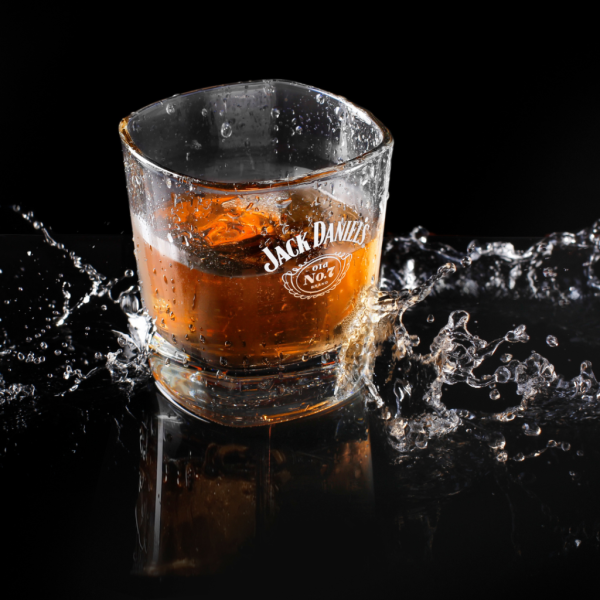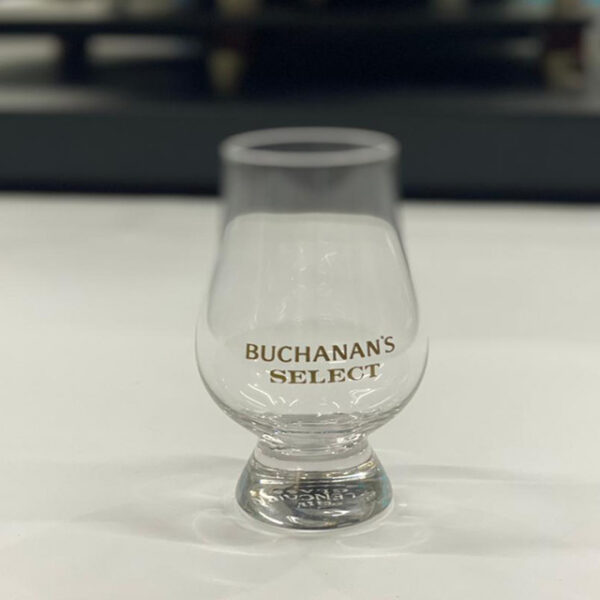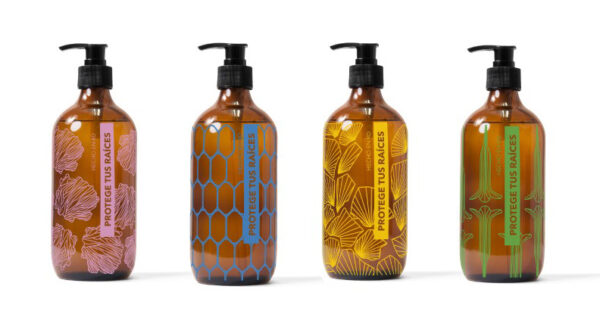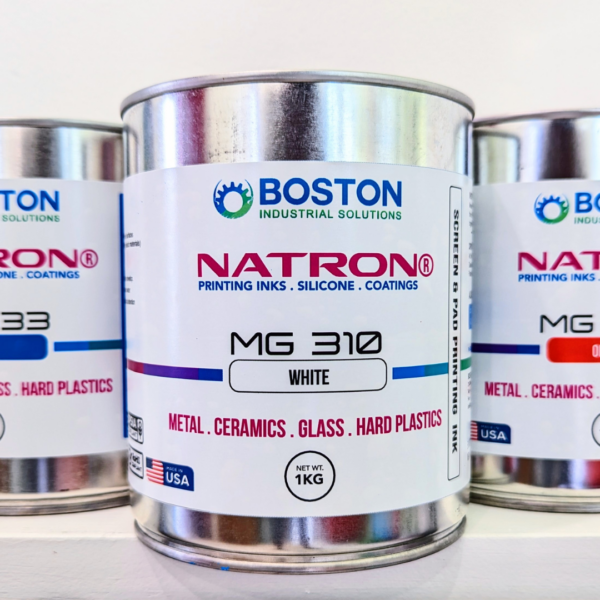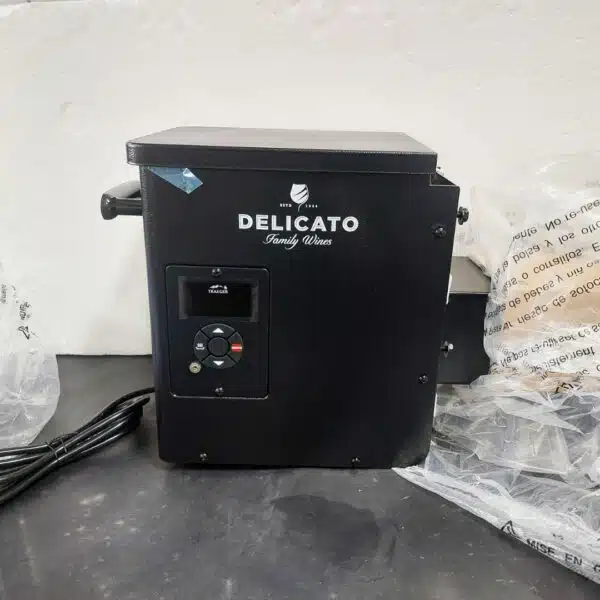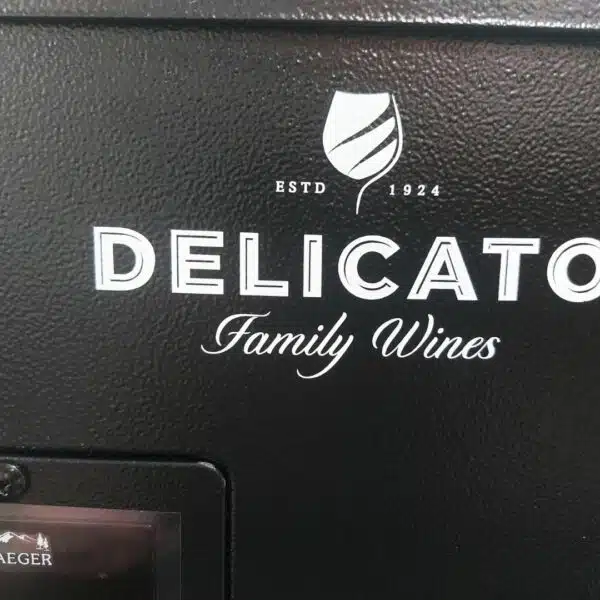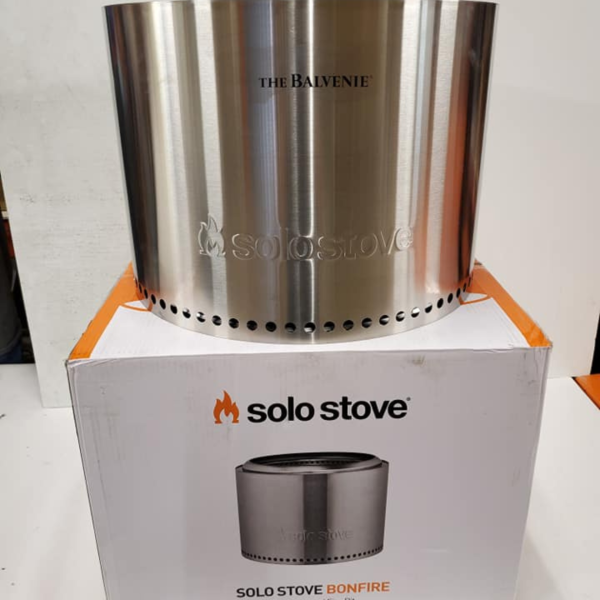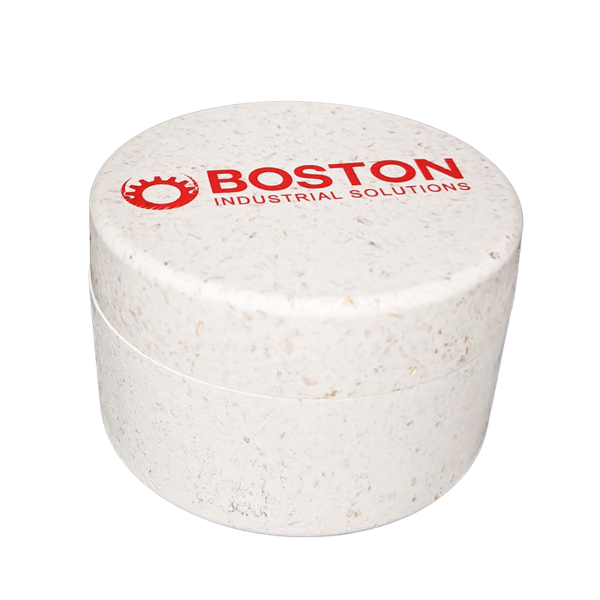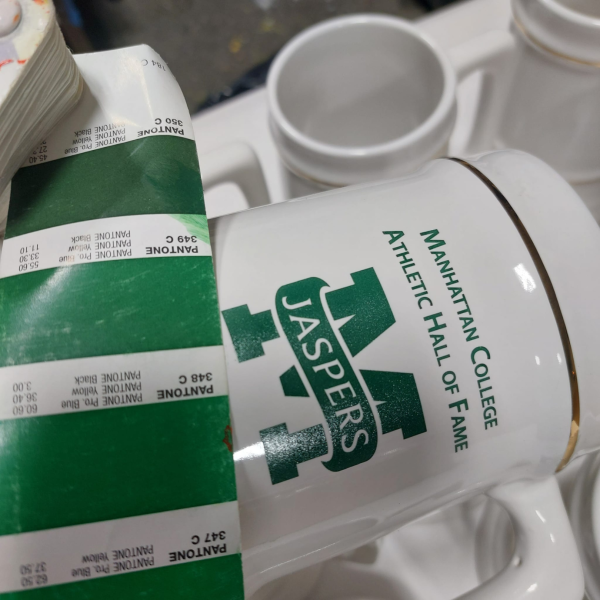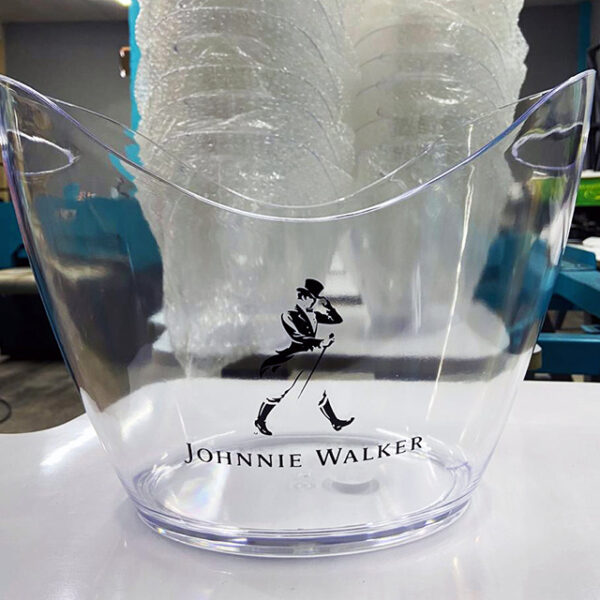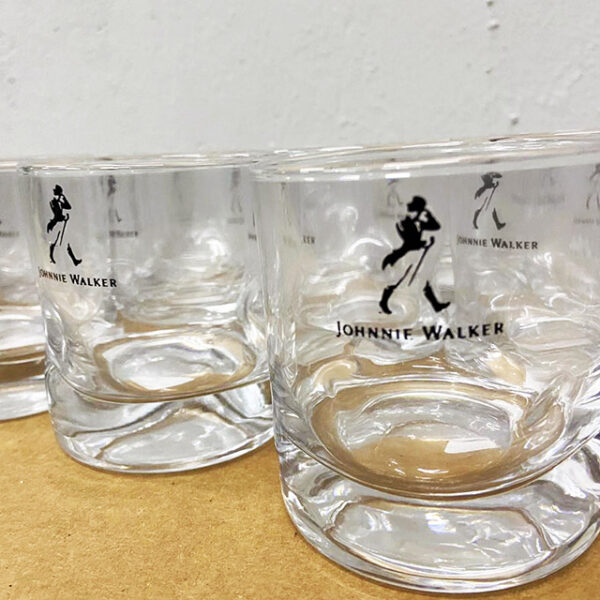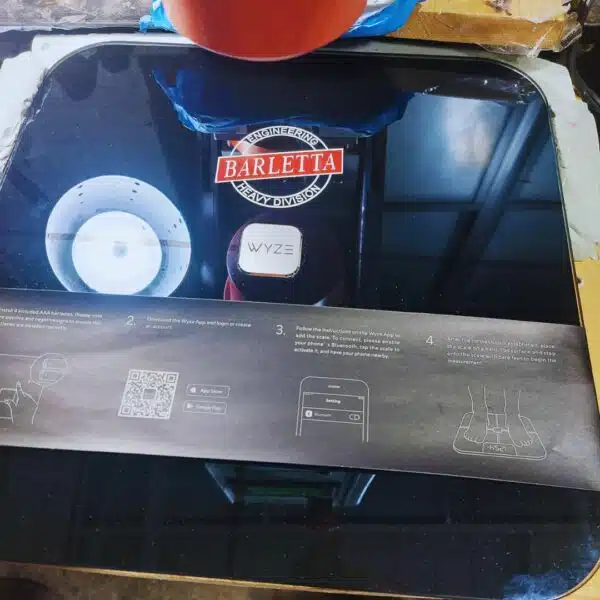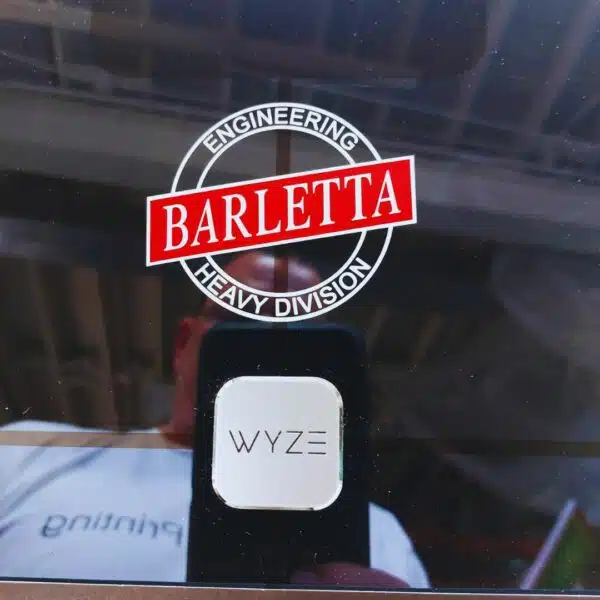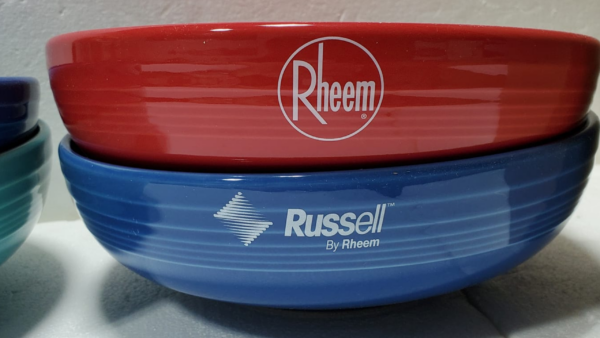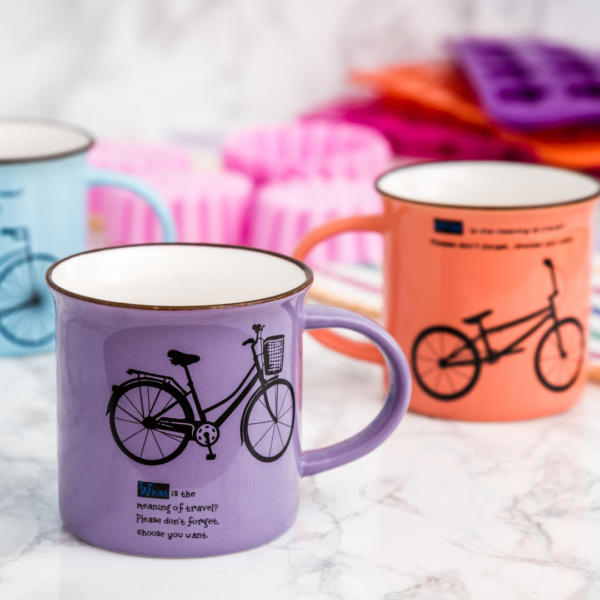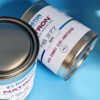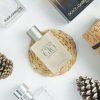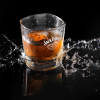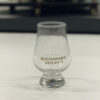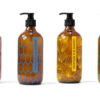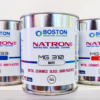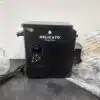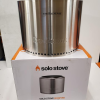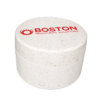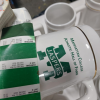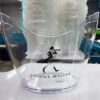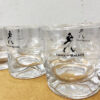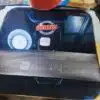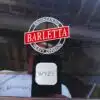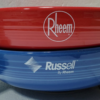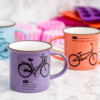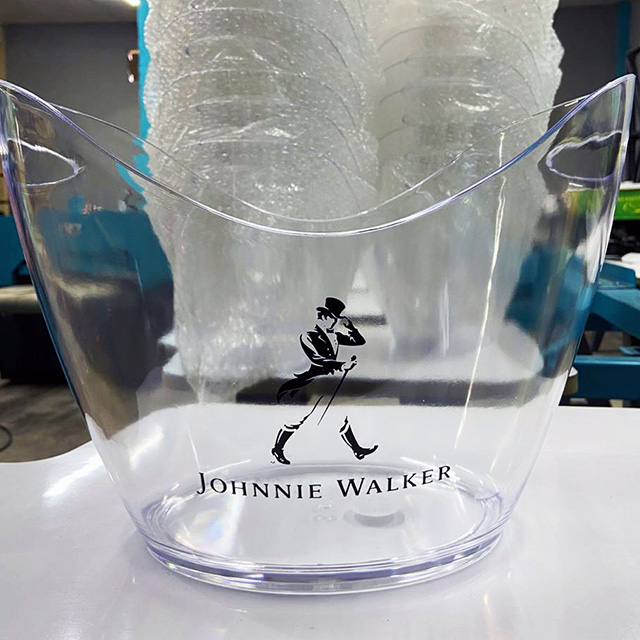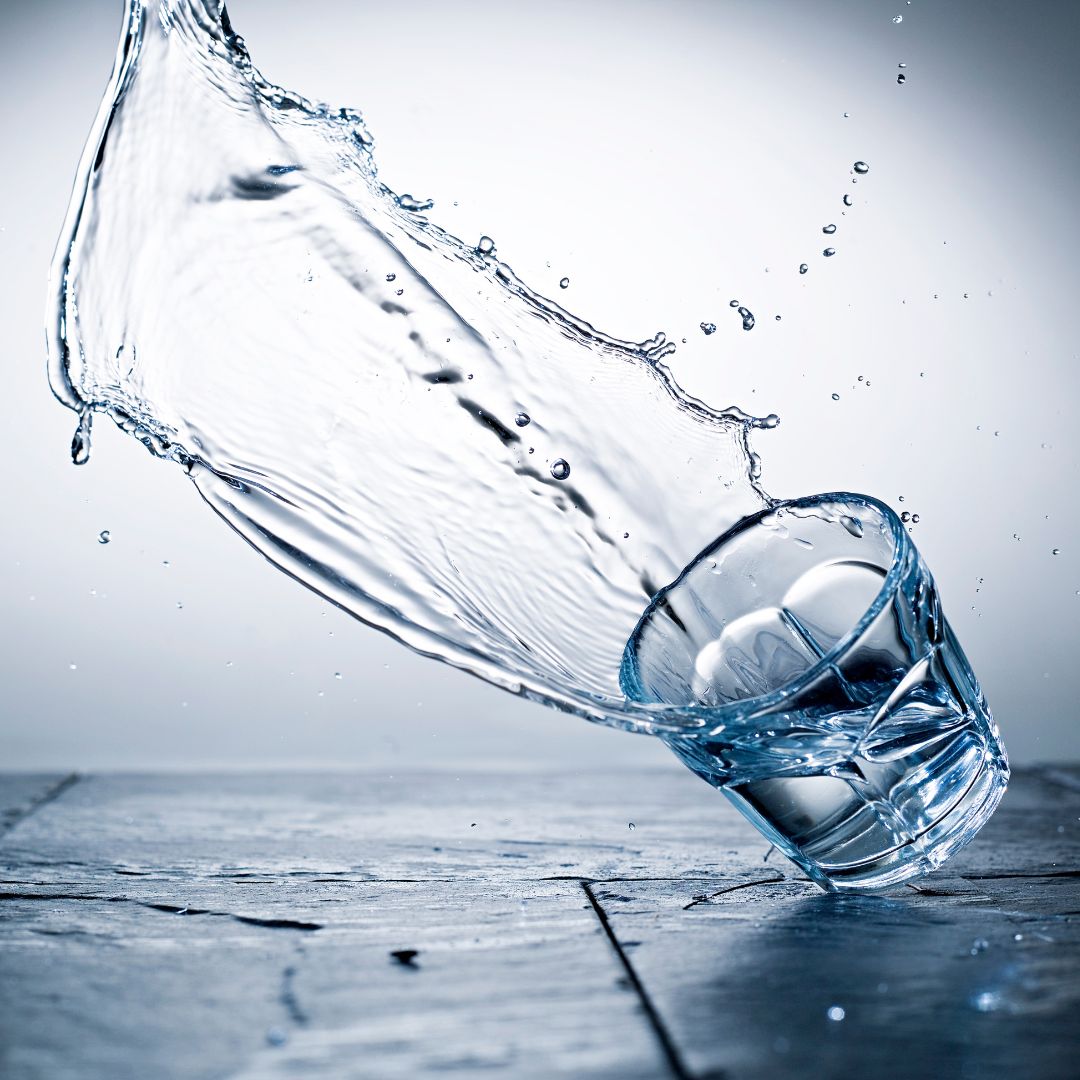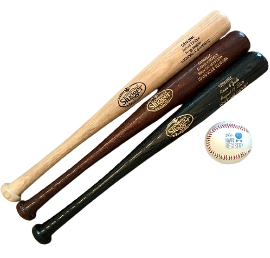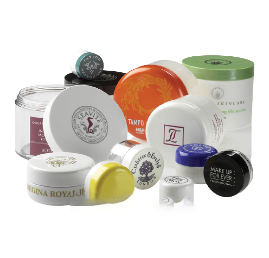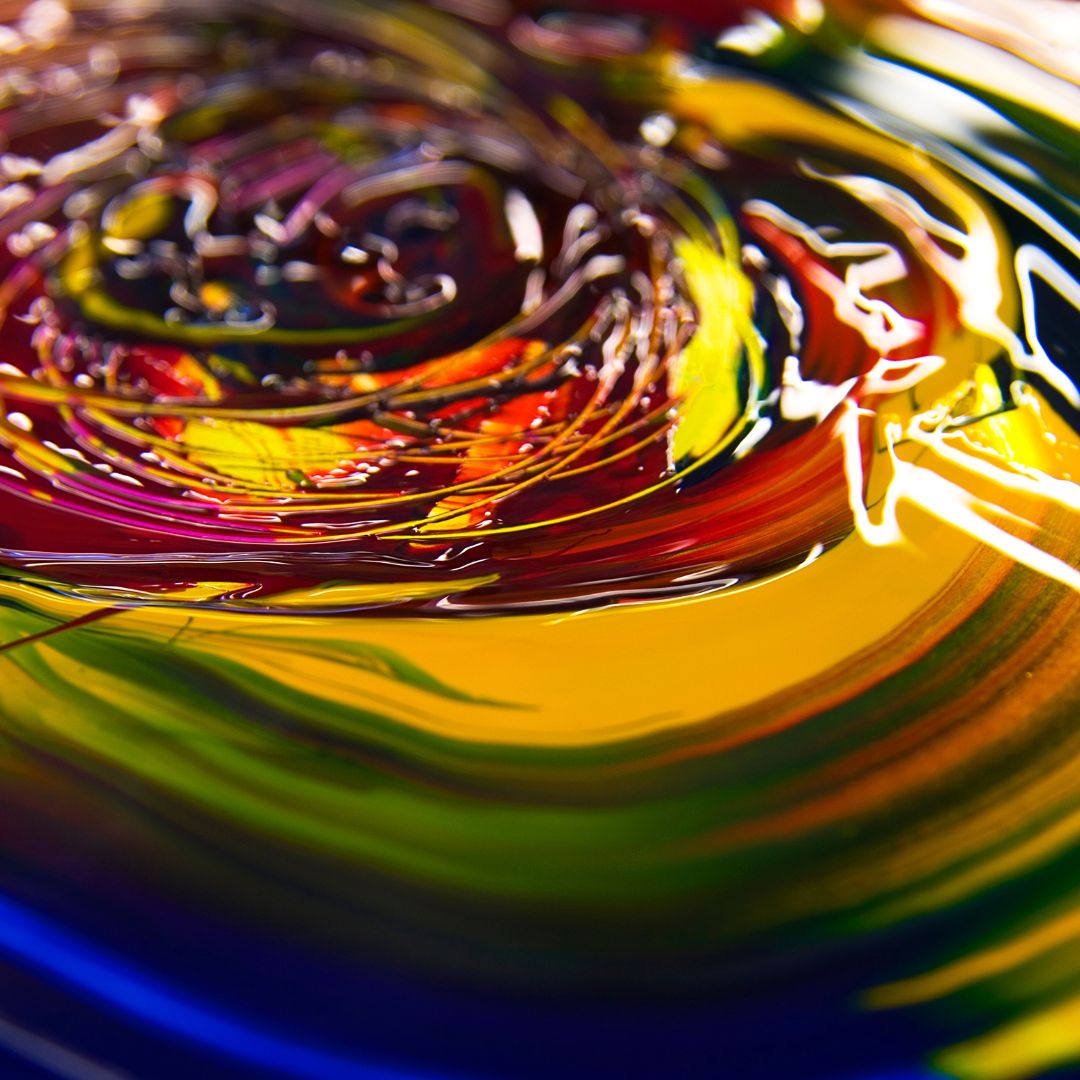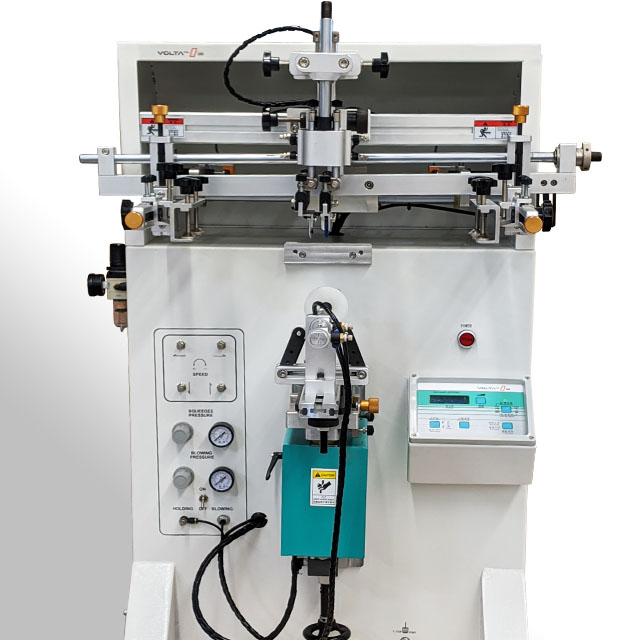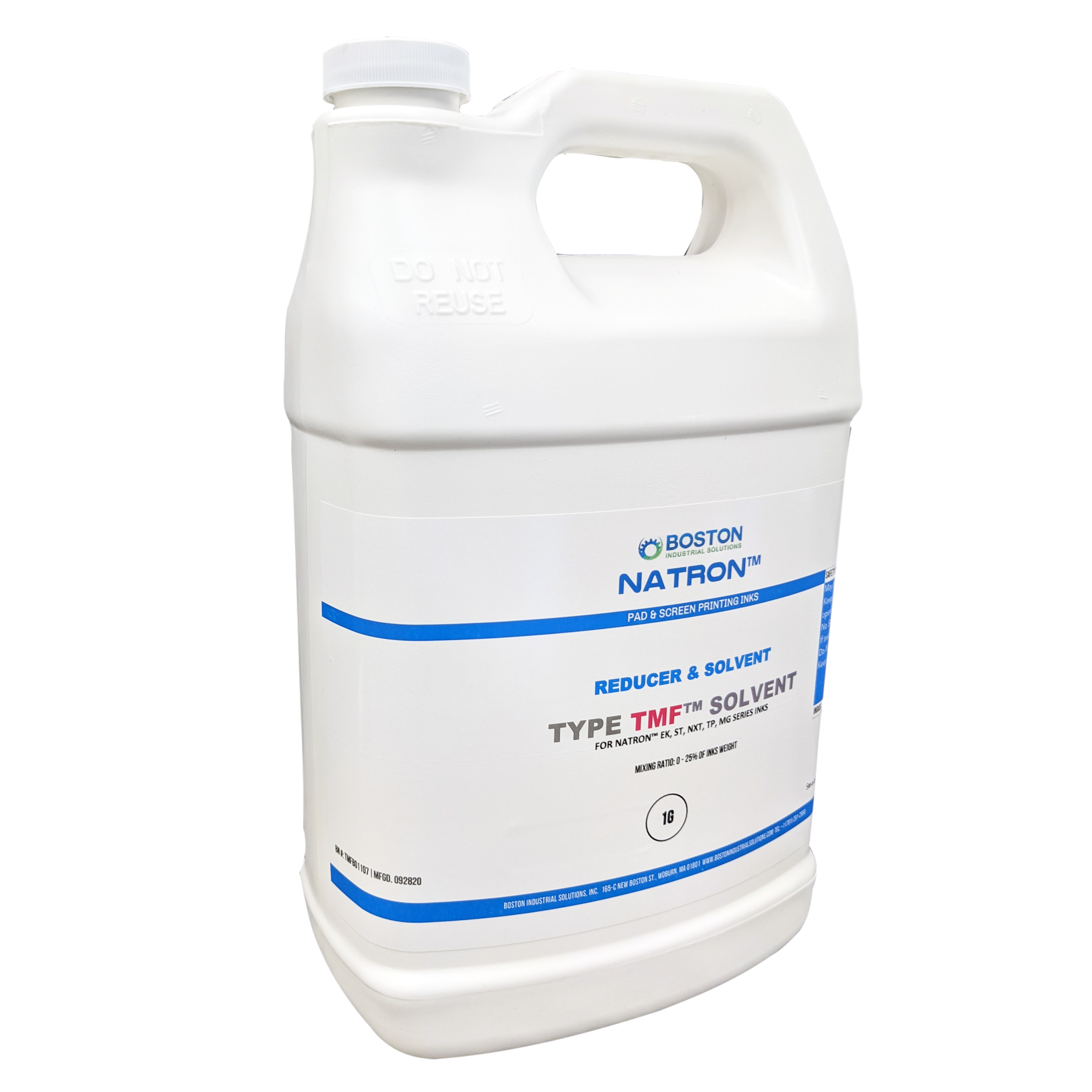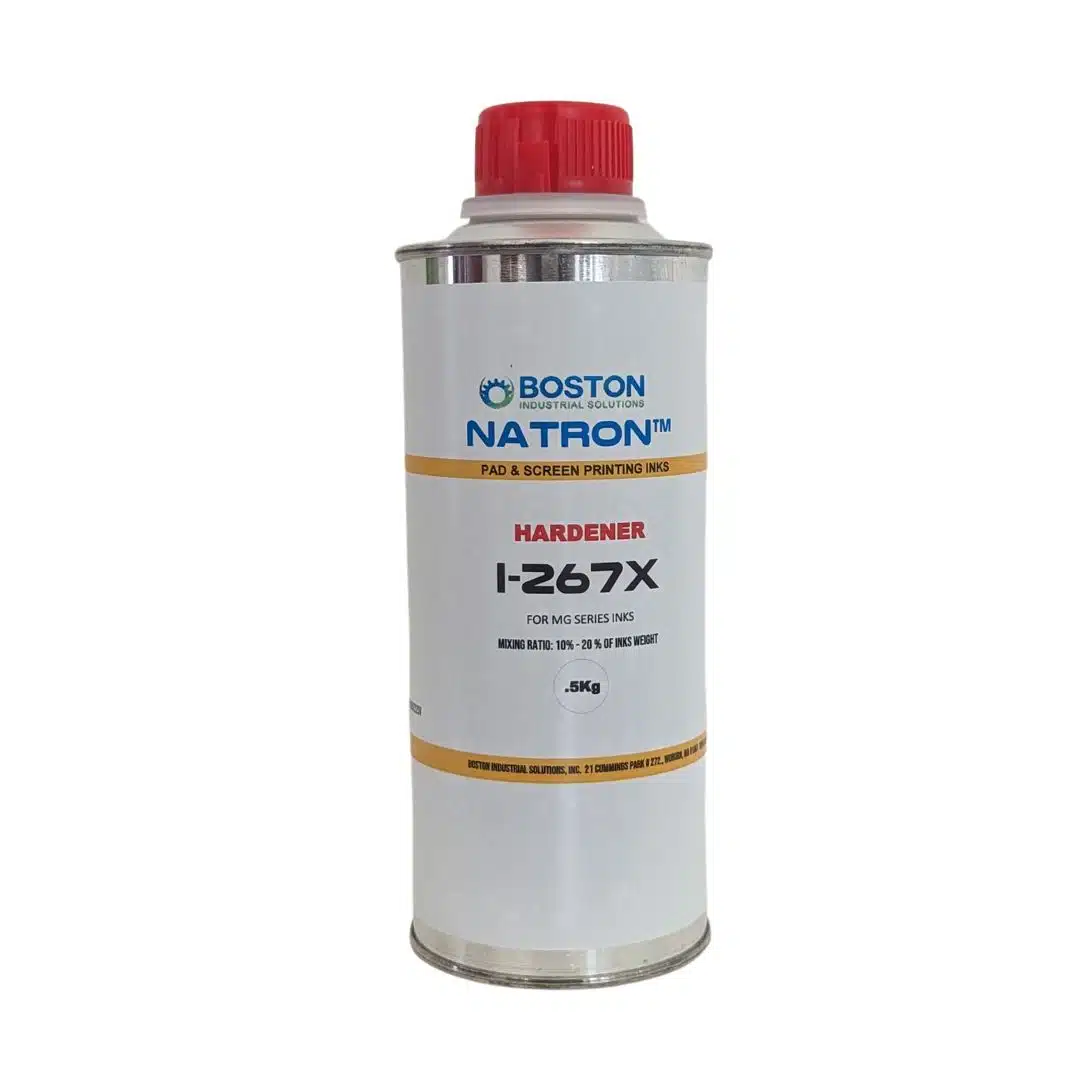PAD AND SCREEN PRINTING INK FOR GLASS, CERAMICS, METALS, CARBON FIBER AND HARD PLASTICS
Pad printing ink for glass—the Natron MG Series is a 2-componet pad and screen printing glass ink. Other materials to print with this ink include ceramics, tiles, metals, aluminum, chrome-plated parts, varnish-coated substrates, thermosetting plastics, and epoxy resins. Additionally, use this ink to print carbon fiber and composite substrates.
The MG series works as both pad and screen printing glass ink.
MG Series food safe glass ink for pad printing and screen printing also has very high opacity and gloss compared to other glass printing inks on the market today. This feature makes it the perfect ink for printing on promotional items made of glass, ceramics, or metal, such as pre-printed glass panes, bottles, and tiles. In addition, the MG series will print on carbon fiber materials. This series will not only print on rigid materials, but it will also print on flexible parts by altering the hardener ratio. Learn more about glass pad printing ink applications.
Printing ink hardeners
There are three hardeners available for this glass pad printing ink. These are the i-267x, i-260x, i-240x, and i-247x. The i-267x is the most popular printing hardener for the MG ink series. The i-247x speeds up the ink’s reaction and reduces the gloss effect of the ink film.
You might also be interested in G1 UV adhesion promoter for glass.
MG Series ink colors and compliance
MG Series pad printing ink for glass is available in 22 high-opacity color shades, 4 metallic colors, etch imitation, and 4 process colors. Like all other Natron inks, the shades within this series are intermixable to create new colors. Lastly, safety data sheets are available according to US and EU regulations. See the product label for primary indications.
Additionally, the MG Series ink for screen printing on glass is “non-toxic”, formulated with fade-resistant pigments that are free from heavy metals. As a result, this ink is safe to use on medical devices and healthcare surfaces.
In instances where a matte finish is required, by adding 2% matte powder to the ink, the gloss from the ink film is reduced. Before a production run, it is important to do preliminary adhesion tests when the matting powder is added.
Inks for printing on metal and glass adhesion tests
This metal printing ink is easy to use and very resistant to binding, shearing, creasing, and chemical agents. On metals, glass, ceramic, and hard plastics, it can stand up to detergents, hot water, alcohol, acids, and alkalis. This requires the ink film to be properly cured after printing at 140 °C (250 °F) for at least 20 minutes. Here are tips on how to print glass.
Dishwasher-resistant tests:
- Domestic dish washer: 600 cycles (65°C at 130 min for alkaline detergents)
- Commercial dishwashers, e.g. Winterhalter glass washer (85°C at 3 minutes): 700 washing cycles
Chemical Resistance:
- Perfume: G1-test after 24 hours;
- Ethanol and glass cleansing agent: 500 DRS;
- Aceton/MEK: 50 DRS.
Humidity resistance:
- Condensation water test (75 °C at 100% RH for 30 minutes; cold water immersion test for 24 hours). Learn more about printing applications for this food safe ink for pad printing.


